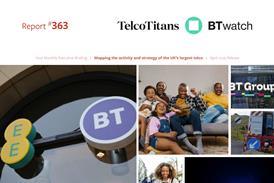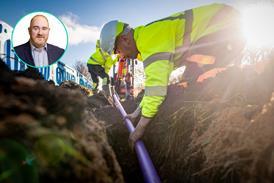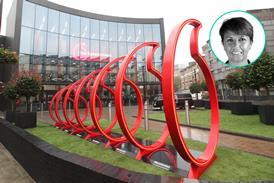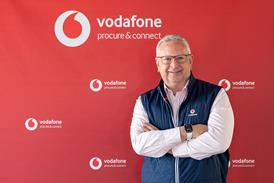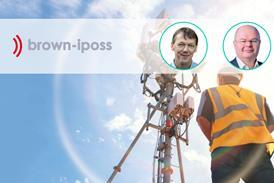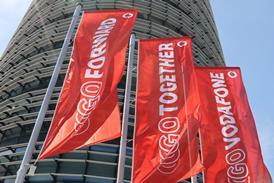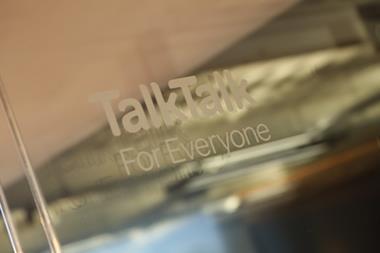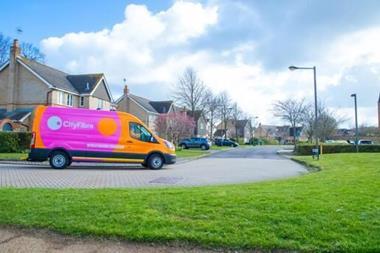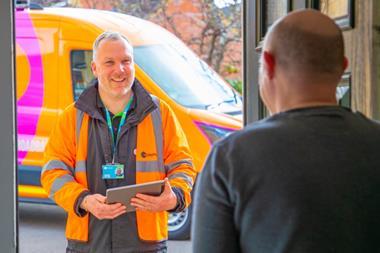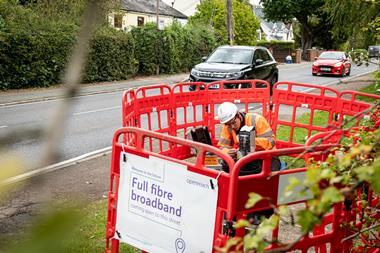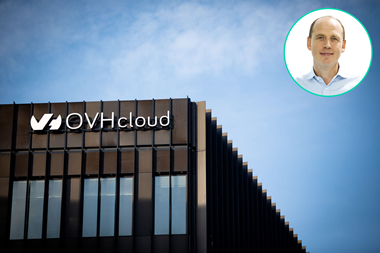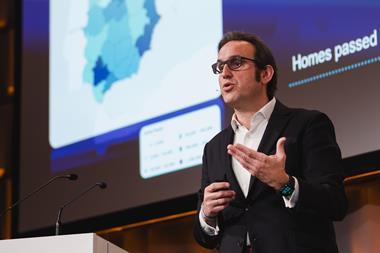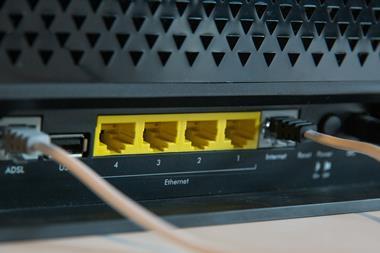- While ultrafast fibre connectivity is increasingly essential for business and consumers, service standards haven’t remotely kept pace.
- Matt Walker, Director of Customer Delivery and Assurance at CityFibre, believes meaningful improvement is within reach, and explains how the fibre network operator’s proactive fault repair platform is now ready to slash downtime for its internet service provider wholesale partners and end users.
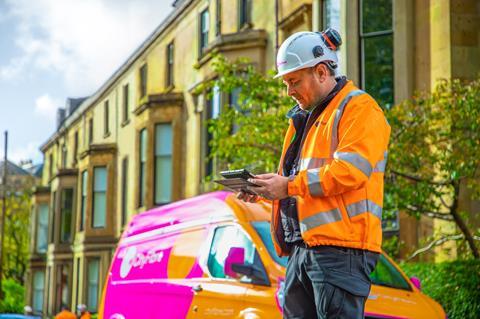
For many people, their business and personal lives now depend on a broadband connection that just works and keeps on working. This expectation of seamless instant connectivity means that, if something goes awry, the hassles of traditional fault reporting, and resolution that may take days to complete, are more infuriating than ever, and not something many end customers will willingly accept from their service provider.
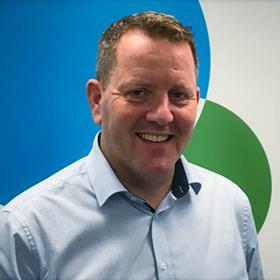
At CityFibre, we have risen to this challenge with a mission to eradicate all but the rarest need for anyone to contact their ISP about a fault or performance issue on our network.
Proactive repair as a concept isn’t new, but actually achieving it to a point where ISPs can rely on it and reallocate resources elsewhere is a challenge we are now embracing.
The old way: when things go wrong…
A broadband connection can fail for all sorts of reasons and, typically, when something isn’t working an impacted customer notifies their ISP.
The ISP then spends time triaging the issue to see if there is a simple fix. This stage can take 35–40 minutes of the customer’s — and ISP’s — time, and, if things can’t be resolved, a ‘trouble report’ gets raised to the network operator, which often despatches an engineer.
It may then take three to five days, or even more, to get an engineer on site to fix the problem. This is despite the majority of trouble reports typically taking only an hour of engineering time to fix.
This reactive approach is inefficient, labour-intensive, and the polar opposite of customer-friendly. It puts the onus on the end customer to report the fault, describe everything they are experiencing, and even try a handful of suggestions.
None of us would accept this situation without complaint if it was our gas or water supply pipe that failed, and we shouldn’t be expecting people to accept this as standard for their broadband service either.
The new way: from ‘waiting in’ to ‘getting on’
Thanks to CityFibre’s modern-built systems and diagnostics, we have always been able to proactively monitor our fibre network and see faults as they happen.
What’s new is that over the last five months, we’ve worked closely with our ISP partners to develop and trial an innovative new platform to enable proactive fault repair.
The platform is designed to ensure that as soon as a service outage ‘red flag incident’ happens on our network, ‘Auto Create’ and ‘Auto Resolve’ incident responses are activated. This enables us to begin investigating and resolving the issue almost immediately, while notifying our ISP partners and end customers in parallel that something’s up and we’re already on the case.
The results of early trials, underway since February, are nothing short of game‑changing. More than half of the proactively managed faults identified during the trial were fixed on the same day, meaning service loss was only a few hours, rather than days.
The ISP partners that started trialling this with us in one city immediately saw the benefits for their customers and, within a matter of months, agreed to extend to eight locations.
It’s not only the end customer who benefits though. Operationally, ISPs have been able to redirect human time spent on triaging connectivity issues to other important areas. And because we look for the source of the issue, we can often identify where problems relate to ISPs’ own equipment, too, for example, their customer premises Wi-Fi router.
Our combination of commonly defined datasets, accurate real-time diagnostic information, and high levels of process automation is delivering something that operators of legacy networks cannot currently match. The automation element enables us to react quickly and appropriately, as well as improve accuracy and reduce the potential for human error caused by lack of knowledge or experience.
Scaling up: from proactive to predictive, and beyond
With a collaboratively developed proof of concept in place, we’re now preparing to scale up and expand out.
The next steps are keenly supported by our ISP trial partners, which have already adjusted their in-house processes to maximise the platform’s benefits — and more ISP partners are keen to come on board.
In addition to scaling up our proactive repair capability, our roadmap includes predictive maintenance. We can already see if parts of the network are degrading, and this will enable us to prevent faults before they even materialise.
Providing our customers and partners with the most reliable and robust network possible is at the heart of our mission, but the benefits of our efforts will be felt far and wide. The more improvements that smart automation brings, the greater the opportunity to keep consumer prices low. And the more successful CityFibre is, the more we drive others to follow our lead. Ultimately, this will bring benefits to consumers nationwide and further enable our digital economy to flourish.
CityFibre is also a leading delivery partner in the UK government’s Project Gigabit to serve hard-to-reach communities, with four contracts already announced representing £387m in government investment. As a wholesaler, CityFibre has built an artificial intelligence-ready national network to interconnect directly with its ISP retail partners and own local fibre exchanges, which feature new-generation micro-edge data centre capabilities. In the words of its Group Chief Technology Officer David Tomalin, “this puts our network in a different league from those reliant on hub and spoke architecture and the single-fibre-served exchange buildings of old”. It recently introduced the UK’s first symmetrical 2.5Gbps consumer services, enabled by investment in power-efficient XGS-PON technology that has a pathway to 50Gbps offerings.
CityFibre’s retail and rollout partners include Calix, Ciena, Giganet, IDnet, Nokia, STL, TalkTalk, Three, Toob, Vodafone, and Zen. Its investment programme is expected to unlock more than £38bn (€44bn) in UK economic growth within 15 years, backed by strategic investors Antin, Goldman Sachs, Interogo, and Mubadala.
Topics
- AI (artificial intelligence, machine learning)
- Ciena
- CityFibre
- Collaboration
- Customer service
- Customer/User experience (CX/UX)
- David Tomalin
- Fibre (FTTC/FTTP)
- Fixed broadband (FTTx)
- Industry Voice
- Infrawatch
- Matt Walker
- Network & Infrastructure
- Nokia
- Operations
- Strategy & Change
- Suppliers & SCM
- TalkTalk
- TelcoTitans Industry Content
- Three UK
- United Kingdom (UK)
- Vodafone UK





